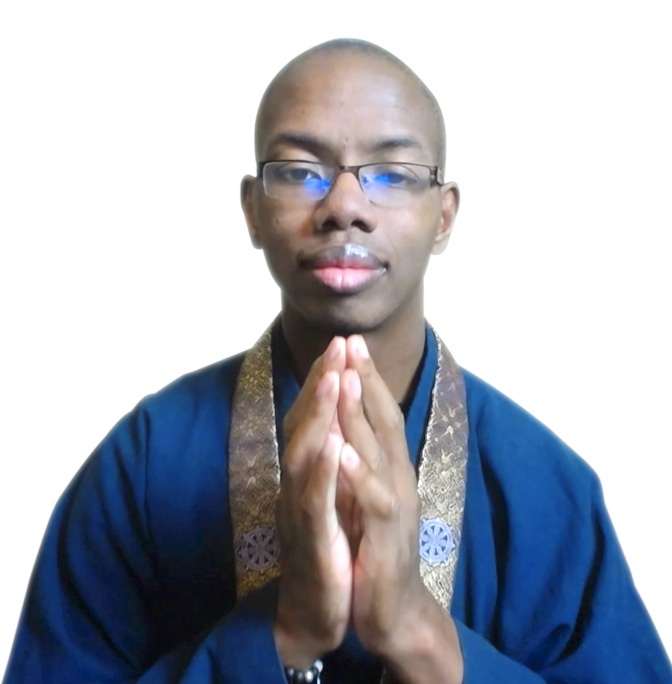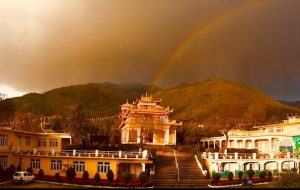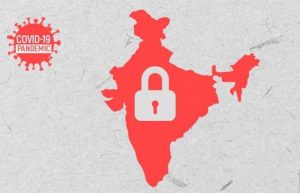
There are lots of good things happening in my garden. The green vines of my potato plants are starting to flower, a sure sign that there are numerous potatoes growing within the soil. My corn stalks are almost three feet tall, and the onions are growing so quickly they look like an army of cthulus climbing out of the earth.
That said, there are also a lot of not-so-good things in my garden. My garden boxes are starting to crack and split in places, necessitating hasty repairs. I have several three-headed corn stalks growing where I accidentally planted seeds too close together. And the weeds . . . dear Buddha, there are so many weeds!
Each evening I spend a few hours pulling them out of the soil; being careful to not harm my crops in the process. And each morning I find that more have grown in their place. Clearly, this isn’t a fight I’m going to win.
And that’s okay.
Homesteading has taught me that every choice I make will be a mistake. No matter how many hours I spend on Google researching plant varieties, something unexpected will happen in the garden. No matter how careful I am to mulch and cover the beds in the fall, weeds will still pop up in the spring. And no matter how carefully I craft my woodworking projects—tables, chairs, garden boxes, and so on—they will always need repairs at some point.
This is the way of the world. And if I approach homesteading with the wrong mindset, if I have an expectation that every facet of my life should be picture-perfect and Instagram-ready, then these things will cause me endless suffering.
However, as long as I go about my daily tasks with the understanding that “good enough” is as good as it is going to get, at times, I can find pleasure in these small idiosyncrasies of homestead life.
The same is also true of life in general, as evidenced by the First Noble Truth, which states: “Life is suffering.” Of course, this doesn’t mean that every moment of life is unending torture. It is simply a reminder that things go wrong. And more often than not, they won’t work out exactly as we had planned.
We will find ourselves caught in a traffic jam on the way to work. The waiter will screw up our order. Family members will decide to visit on the one day we did not clean the house. When things like this happen, they can be the source of great stress. We can beat ourselves up trying to figure out the exact steps required to keep them from happening again.
Or we can accept that bad or unexpected things happen from time to time, and trust ourselves to respond appropriately in the moment.
When we do this, when we have faith in ourselves to make the best decisions possible and faith in the Dharma to help us cope when things go badly, life becomes much easier.
We can make decisions without playing 4-D Chess to try to determine every possible outcome. We can have compassion for ourselves when we make mistakes, and we can extend that same compassion to others.
This is because we do not have to get it right every time. In fact, the First Noble Truth makes it clear that we can’t—the world is too big, and life is too short for us to figure it all out. So we do the best we can with the knowledge we have, and we work skillfully with the results.
On the rare occasions when I forget this fact, I’m reminded the moment I set foot in my garden, when I see the lush vegetables growing in the midst of weeds and well-worn garden containers. I realize that it’s our mistakes that make the beautiful parts of life possible.
An imperfect garden container is better than no garden container, if we want to grow food. And pulling most of the weeds from the soil is better than pulling none at all.
Thus, imperfect, mistaken effort is often better than no effort at all when we’re working to end suffering for ourselves and other sentient beings.
A Buddhist temple is another place where we find reminders of this life lesson: We may not wear our robes perfectly. We may forget to bow when we enter the meditation hall. We may even forget the words during the chanting service.
But as long as we are making an effort to end suffering for ourselves and others, our mistakes don’t matter. They’re just part of the journey. And if we keep walking the path our choices will bring us closer to enlightenment with each passing day.
Namu Amida Butsu.
Related features from BDG
Deep Listening as a Way to Create Spaces of Belonging
Dharma’s Garden – Nourishing the Local Community through Homesteading
Can Small Farms Save the World? Part Two: Forest Gardens
We Are the Flowers in the Garden
Rejoicing in Faith Comes from Amitabha’s Name
Right Mindfulness and Vegetable Gardens
Grow Your Garden: A Simple Practice in Reflection, Part One
Acknowledging Mistakes and Moving Forward













Thanks for your inspiring writing!